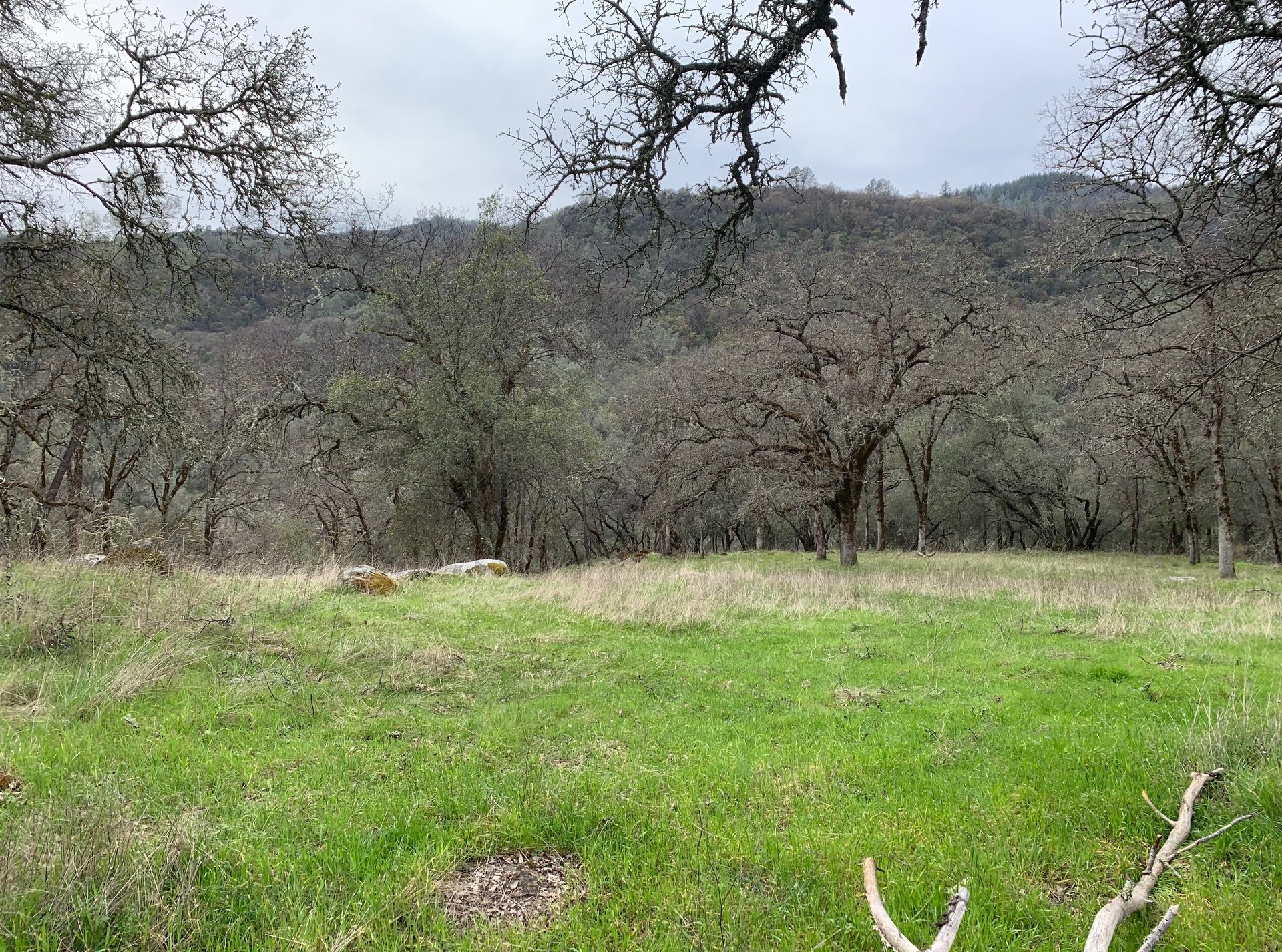
He called me a liar.
It seemed like a little thing at the time. It hurt, and it wasn’t true, but I was pretty sure it said more about him than about me. Now, two years later, he’s irrelevant to my story, but a lot has changed for me. Almost everything.
I won’t use his name, respecting his privacy, and the 12 Step guidelines about confidentiality and anonymity. I’ll just call him ‘Jerry’. I haven’t seen or spoken to Jerry since that day. He’s just a guy from my past. It took some deep work, help from friends, and big changes for me to become who I am today.
I’d been in a 12-step group (not AA) with Jerry and another guy for eight months, reaching Step 10 (“Continued to take personal inventory and, when we were wrong, promptly admitted it”). We met every week for 2 1/2 hours. (I’d been sober and in various step groups for ten years, and was still doing nine different meetings a week.) We’d had a discussion in email leading up to this particular meeting. Jerry and I were probably arguing in that mail thread, but we were both pretending to explain our positions dispassionately, as if this was just a harmless exchange of ideas. He’d written, “The 12th Step says we practice these principles in all our affairs, and Step 1’s principle is Honesty.” He went on to say that this can never be conditional.
I replied that I consider the impacts of my actions; before saying something, I ask myself questions such as “Is it necessary, is it true, is it kind, is it harmful, does it improve upon silence?” This means that while I won’t lie, I will sometimes keep quiet. Jerry was angry, perhaps even disgusted, that I make such distinctions. He said it’s not up to me, that only God can offer the proper guidance, and that requires always saying what is true, not deciding that I have some special insight or calling that allows me to make my own decision.
I ended the email conversation with “That doesn’t mean that truth and principle are always automatically the best path. Sometimes silence works.”
My Path to Recovery
ACA stands for Adult Children of Alcoholic and Dysfunctional Families. I’m an ACA. I emphasize the “family" part when I talk, because my life, my journey, is not about alcohol, or even dysfunction: it’s about family. Everyone is affected: me, my parents, my siblings, and our children. And we were affected by previous generations, not just our immediate parents.
If I hadn’t found ACA, my children and perhaps grandchildren might pass this dysfunction on to their children. My family of origin produced this dysfunction, my chosen family started me on my healing path, and I look forward to what my adult children will do with their partners and children.
The ACA “big red book” talks about grandparents of alcoholic and dysfunctional families, because so many people in the family line have been affected. I hear some members say their parents didn’t drink so they don’t know where the dysfunction came from; they blame themselves. Others say alcoholism, dysfunction, belittling, and abuse were not family traits, so they blame their parents for starting that cycle. And yet, as I’ve worked the Steps in ACA, and spent some years doing 3-4 ACA meetings a week, I think those people are probably wrong. Sometimes they don’t know about the previous generations, because those stories were kept from them. Sometimes their sober parents are still living rejection and fear because they had to get away from the grandparents—or were not allowed to get away from the grandparents. Sometimes they haven’t admitted to themselves what their parents did. It’s rare that dysfunctional families just magically appear one day.
I spent eight years in other programs before ACA, identifying with various people and behaviors, and learning many helpful things, but none of it made complete sense, offered the full answers, or opened the right doors until I found ACA.
1
2
3
4
5
6
7
8
9
10
8
9

Stories
Essays
Reviews
© 2025. All rights reserved.
